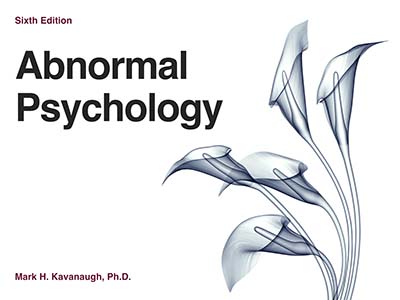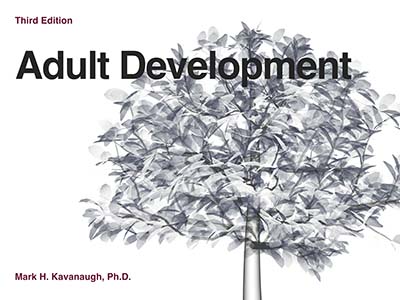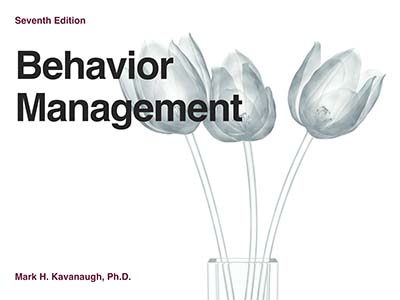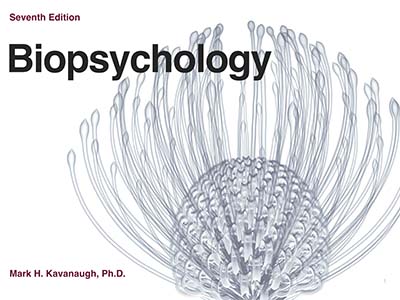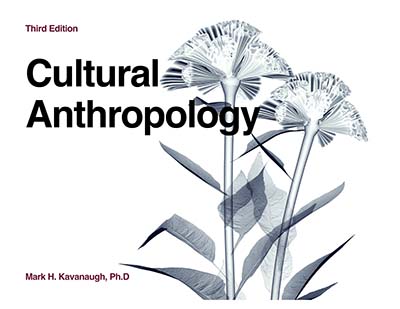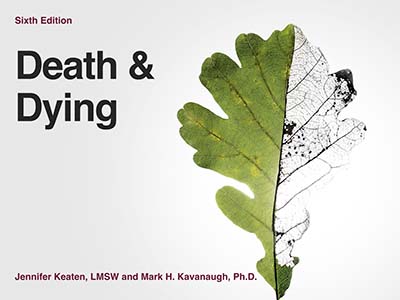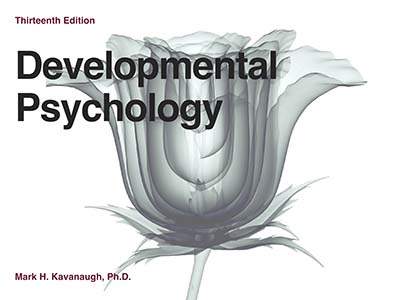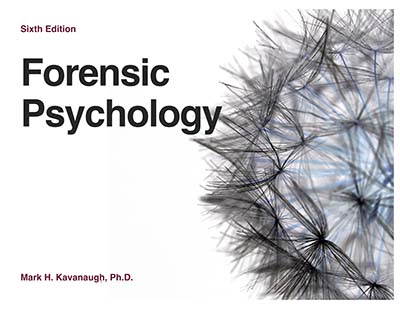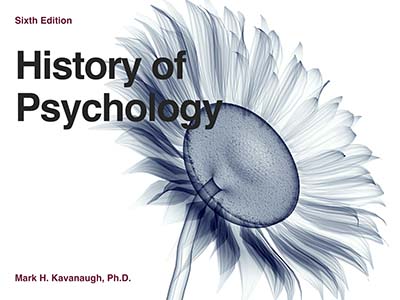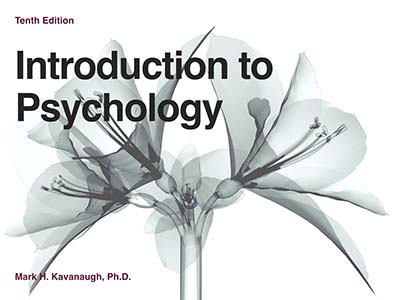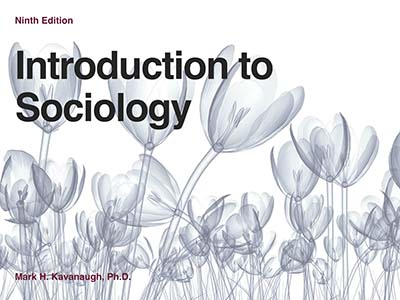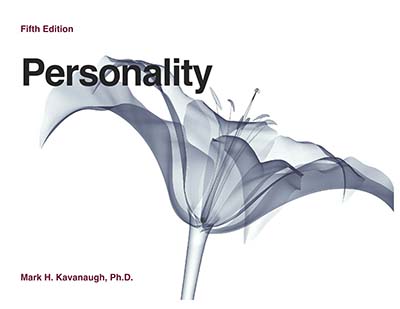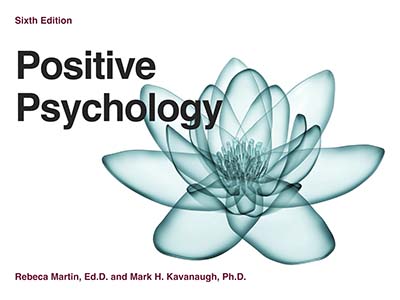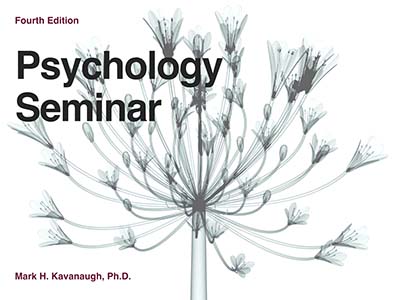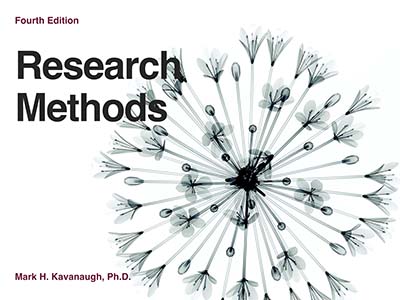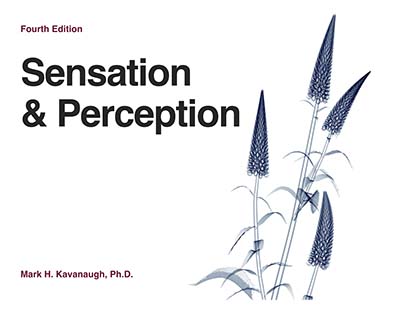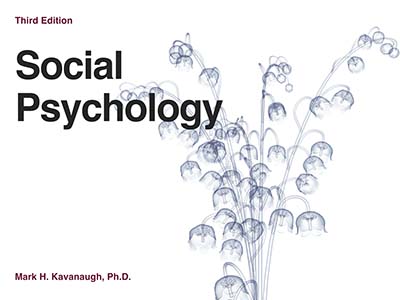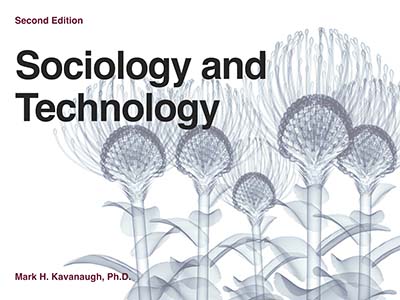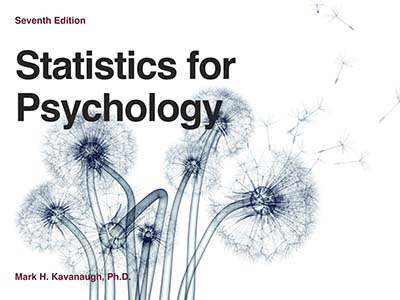Publishing
Home | Dissertation | Papers | CourseBooks | Fiction | Nonfiction
CourseBooks I have been teaching for a long time and some classes I have taught over 100 times. Over the years two things have occurred:
To solve this problem I started creating CourseBooks. CourseBooks consist of documents I have created in order to support classes that I teach. The Chapters in the CourseBooks represent the "content modules" in my classes. Each Chapter lists the learning outcomes, provides all the lecture, video, activity, resources, and website links I want the students to review, and then outlines the specific instrductions and expectations that students will submit to demonstrate their learning. Becuase these are published, they are LMS agnostic. Working with any LMS in any organization I simply need to create the discussions, quizzes and assignments. |
Abnormal Psychology This CourseBook examines behavior identified as different from societal norms. Lectures and discussion topics will include psychopathology, assessment, diagnoses, the impact of physical health, review of the research, and the impact on our society. |
Adult Development The course offers students the opportunity to study biopsychosocial changes across adulthood from applied and theoretical perspectives. Building on previous studies in Developmental Sciences, students examine findings and theories related to identity, social affiliations, styles of coping and states of mind throughout adulthood. The last sections of the course allows students to develop informed points of view on the meaning of aging. |
Behavior Management Students learn to apply behavior management techniques in their own lives and in the educational setting. Control of the antecedents and consequences of behaviors is emphasized. Study of theory and research provides a framework for practical application. |
Biopsychology Biopsychology is the study of the biological nature of psychological phenomena. The CourseBook explores the biological basis of basic nervous system structure and function, development and plasticity of the brain, sensory function, movement, consciousness, emotions, learning, cognition, and the varied mental disorders. Students will learn the association between neurological structure, chemistry, and function and related behaviors and psychological experiences. Students will also conduct basic psychophysiological experiments. |
Cultural Anthropology Anthropology raises questions about the meaning and purpose of societies by exploring the differences, similarities, and connections that exist among people and cultures around the world. This course brings attention to debates and topics that contribute to the anthropological perspective, including the degree to which reality is socially constructed, the meaning of culture, and the practice of understanding behavior and events from their own economic, political, historical, and cultural context. Throughout the semester we will study how people make sense of and organize their worlds through an investigation of topics such as family and kinship; race, class, gender, and sexuality; religion and ritual; politics and economics; and the environment. |
Death and Dying This course is an introduction to the study of death and dying. Includes discussion about how attitudes around death and dying have developed and changed within our society and culture. Significant discussion and exploration of suicide, assisted suicide, euthanasia, and hospice care for the terminally ill. Various death rituals will be discussed. |
Developmental Psychology This course is a survey of the biological, cognitive, and socio-emotional aspects of human growth and development across the lifespan. Lifespan topics include an introduction to the lifespan perspective; biological changes; family, peer, and social relations; cognition; and personality development. |
Forensic Psychology This course is designed to be an introduction to the interaction between psychology and the legal system. The contribution of psychology to such legal areas as family law, juvenile delinquency, criminal investigation, law enforcement, and correctional psychology will be surveyed. Topics to be covered will include competency and insanity, assessing dangerousness, domestic violence, child abuse, sex offenders and psychopaths. Legal standards regarding insanity, civil commitment and expert testimony will be reviewed. |
History of Psychology This course focuses on the historical and philosophical roots of psychology and counseling. Topics include structuralism, functionalism, behaviorism, psychoanalysis, gestalt, and existentialism, as well as contemporary perspectives including evolutionary psychology, positive psychology, postmodernism, and feminist psychology. |
Industrial / Organizational Psychology Under Development |
Introduction to Psychology This CourseBook is an introduction and overview of the study of human behavior. Lectures and discussion topics will include motivation, perception, historical roots, biological bases of behavior, scientific methods, human development, psychopathology, and theory. |
Introduction to Sociology A general scientific study of people and the dynamics of society, with emphasis upon the nature of culture, social institutions, social interactions, social units, and their influence on the individual. An overview of sociological concepts and perspectives is also presented. |
Neuroscience Under Development |
Personality This course examines the chief approaches to the study of personality including the history of personality theory, major personality theories, and critical contemporary issues in personality. Assessment techniques and research methods is also covered. |
Positive Psychology This course provides a general review of theoretical and empirical advances in positive psychology. My hope is that this course enhances your appreciation of how science and psychology are beautifully poised to advance understanding of the human condition. |
Psychology Seminar This CourseBook was designed as an introduction to the Associates of Science in Psychology at Kennebec Valley Community College. It explores establishing a learning community, technology expertise, psychological information literacy, APA writing style, academic and career planning, and course/program/institutional assessment. |
Research Methods This CourseBook reviews the fundamentals of research design and implementation in the field of Psychology. Subject matter includes literature review, hypothesis development, ethical conduct, sampling, data collection and interpretation, and the presentation of results. Descriptive, correlation, survey, and experimental designs are covered. |
Sensation and Perception Sensation is the registration of physical stimuli on sensory receptors. Perception is the process of creating conscious experiences from sensory input. The study of Sensation and Perception examines the interaction between sense organs and nerves in our bodies and our brains. The course will review all the human senses and relate these to aspects of human perception such as expectations, personal history, and cultural norms. Students will engage in sensory simulations and reflect upon the applications of this knowledge to the world around them and the human experience. |
Social Psychology This course focuses on the basic concepts and applications of social psychology, and includes such topics as attitudes, beliefs, and behavior; stereotyping, prejudice, and discrimination; interpersonal relationships, group behavior; and the effect of environmental stressors on behavior. |
Sociology and Technology In the field of sociology, technology is defined as the application of knowledge, techniques, and tools to adapt and control physical environments and material resources to satisfy wants and needs. This course introduces students to the basic tenets of the field of sociology by exploring the ways in which culture and social structures shape the design and use of technology, and how technology in turn influences cultural and social experiences. |
Statistics for Psychology This course will focus on basic applications of statistics to contemporary problems of modern Psychology. This course will teach many of the concepts needed to understand, conduct, and interpret common statistical procedures and techniques. This course will establish students’ proficiency in understanding the use of statistical procedures in core content areas of Psychology, develop skills in the analysis of behavior via scientific inquiry, and to present the results of studies using appropriate statistical language. |
© 2025 Mark H. Kavanaugh |
